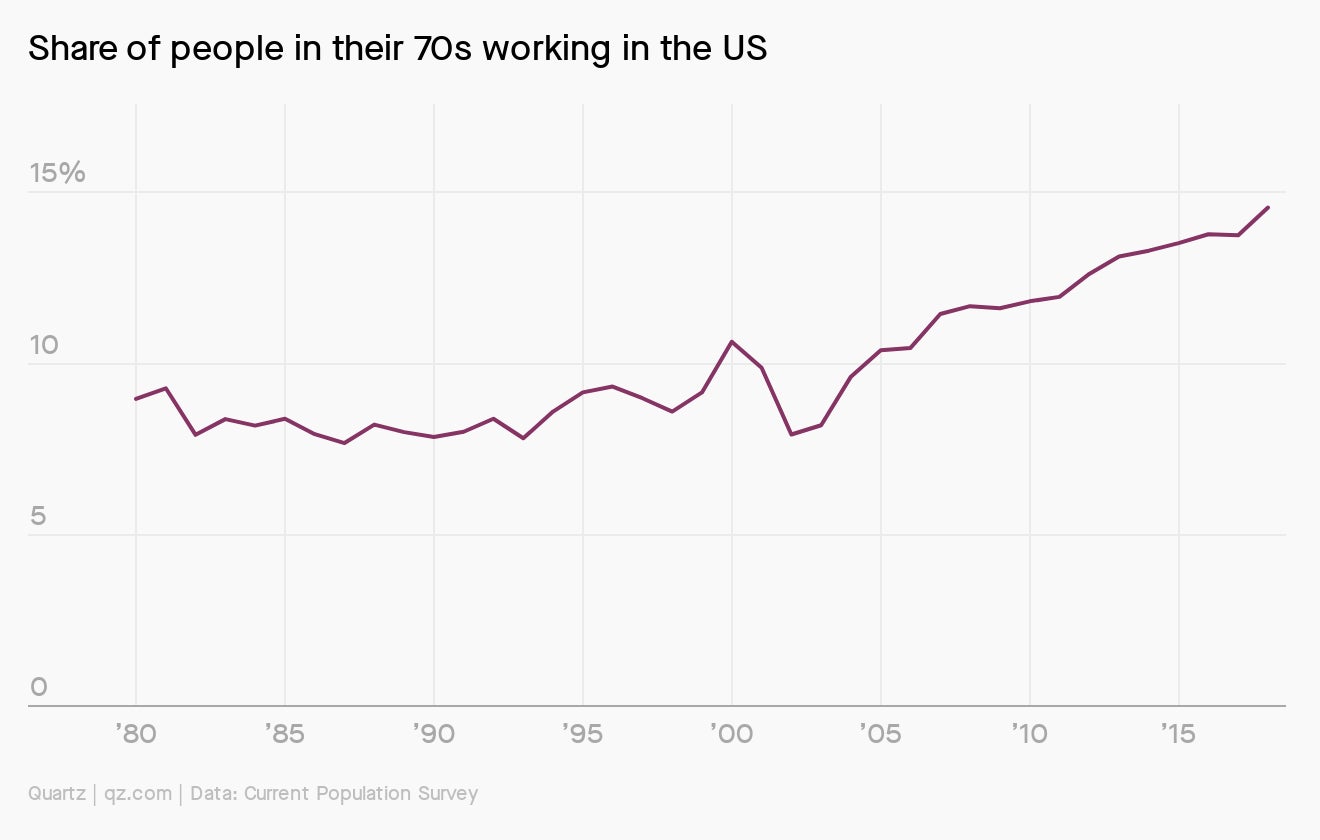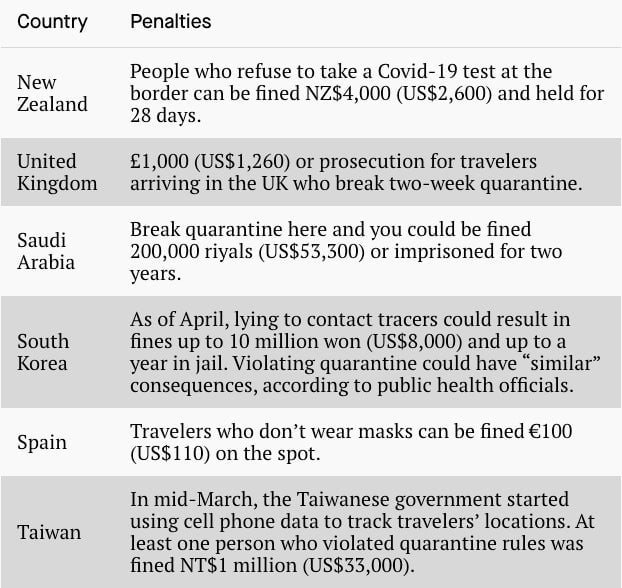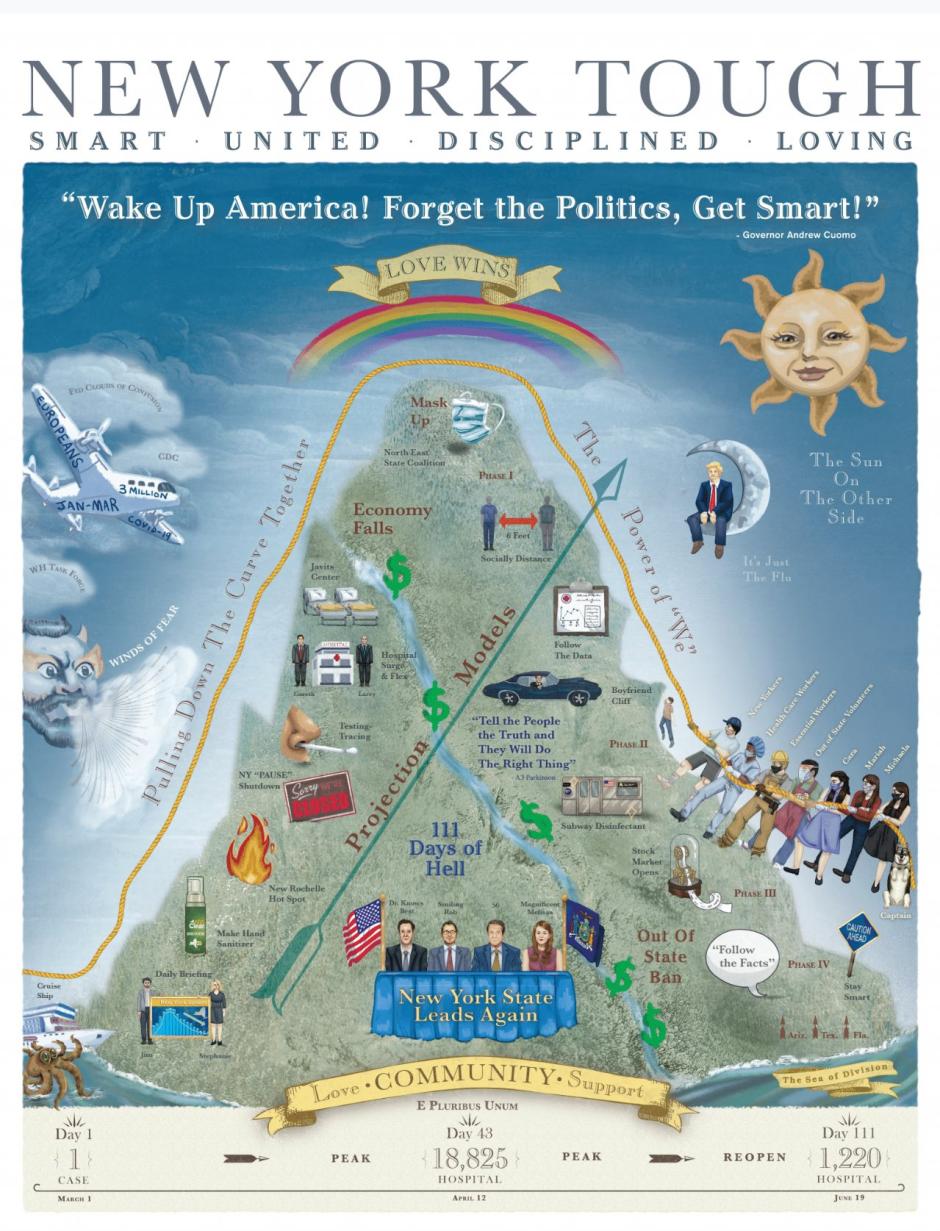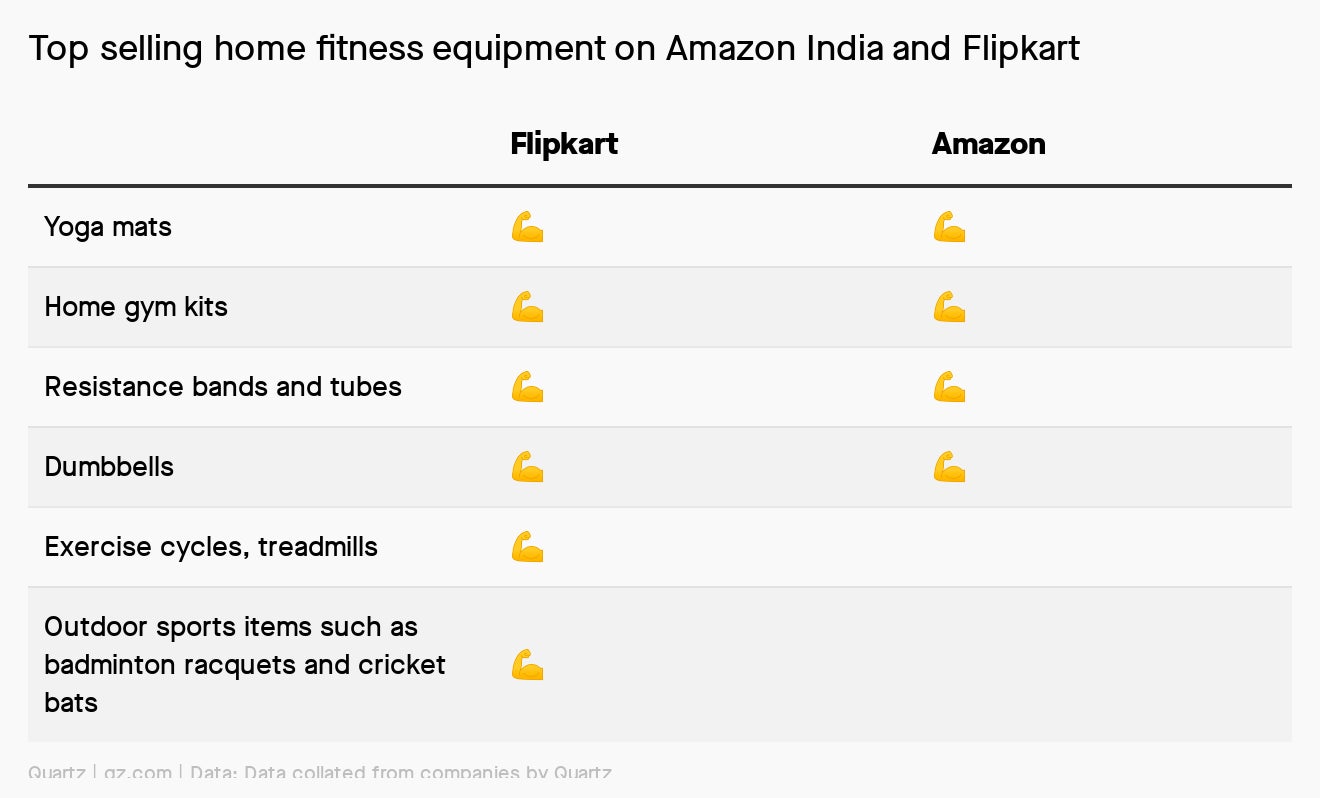Coronavirus: A hug’s life
Hello Quartz readers,

Hello Quartz readers,
Today we begin with a burning question:
Why can’t you hug someone if you both agree to hold your breath for the duration of the hug (say, three seconds) and then separate to six feet or more?
First of all, reader, three seconds is a generous hug—you’ve got lucky friends and family. Second of all, you’re right: Last month, aerosol scientist Dr. Linsey Marr told the New York Times, “If you don’t talk or cough while hugging, the risk should be very low.”
Of course, low risk and no risk are not the same thing. If you know someone is infected or at risk, it’s best to avoid hugs altogether. If you must hug, be sure to point your faces in opposite directions, and as you suggest—keep it brief and quickly back off. If you really want to go the extra mile, check out this family’s makeshift plastic “hug glove” for inspiration.
🤗 Stay safe out there.
Grayed out
Up until the late 1990s, the share of Americans working in their 70s never rose above 10%. But that figure steadily climbed in the past two decades, helped along by lengthier lifespans, an overall economic shift toward less physically demanding jobs, and household financial pressure from years of stagnant wages.
Since February, the share of employed US adults 65 years and up has dropped by 16%, versus an 11% decline for all Americans 16 years and older, according to data from the US Bureau of Labor Statistics.
A study from the University of Chicago, which surveyed people before and after the pandemic began, found that among those who left the labor force, 60% claimed to be retired in April, versus 53% in January. Michael Weber, one of the study’s authors, says it’s “very unlikely” we’ll see a big bounce back in the employment to population ratio coming out of the recession.
That’s not to say older adults can afford to stop working. One analysis found that the average earnings of those 65 and older was $49,100 in 2018—a sizable amount of income to forgo.

A new working paper by researchers at Tulane University finds that this downturn has disproportionately affected older workers even more than in previous recessions.
To delay retirement, older workers often take “bridge jobs”—for example, temporary positions in retail sales—or work as administrative assistants or drivers. But in a public health crisis, these jobs often involve more contact or can’t be done remotely, which might dissuade older people from taking on the work, says Patrick Button, an assistant economics professor at Tulane. Older workers may also face more age discrimination based on the assumption that they will be more susceptible to health problems stemming from Covid-19.
Not that young people should get excited: The downturn is hitting both ends of the age spectrum, and young Americans may experience lasting disadvantages in the labor market, such as being stuck in lower-level, lower-wage jobs.

Feeling fined
These days, travelers arriving in most countries are subject to two-week quarantines, sometimes at home, and sometimes in tightly monitored hotels. Breaking the rules can be costly.
One woman (sorry, one influencer) who returned to Sydney from Paris was fined AU$1,000 (US$694) for busting out of her hotel via the fire escape; she might also face legal action for tampering with the sprinklers in the room where she was confined.
Here’s an overview of similar rules in other countries:

Of course, enforcing these rules is a can of worms. Just keeping tabs on recent arrivals presents a challenge; while a few countries solve it the way Australia has, by keeping people all in one place, their ability to enforce quarantines depends on whether they embrace technology—and if people are OK with being tracked. In the US, it’s mostly up to individuals to stick to the rules, and you can guess how well that’s going.
Tough love
“I love poster art.”
With these words, New York governor Andrew Cuomo unveiled a coronavirus-themed poster he designed himself, titled “New York Tough.” The 22 x 28 inch piece (priced at $11.50) is essentially a belated movie poster for his widely-watched Covid-19 press updates. It recalls Cuomo’s rallying points, barbs, gags, dad jokes, and personal anecdotes. The central motif is a mountain, which represents the bell curve reflecting the number of Covid-19 cases and deaths in New York.

Love it or hate it, everyone seems to have an opinion on the governor’s art project. But the nonprofit selected by Cuomo’s office to handle orders of the poster reports brisk sales. A representative from Spectrum Design, which employs people with autism, tells Quartz the group has been flooded with requests for the poster—about 20 orders per minute.
Brooklyn-based art collector Ryan Farrell, for one, is excited to add “New York Tough” to his collection. “It’s impossible not to love the image of the governor of the worst-hit state, in the worst-hit country in the world, managing the crisis down and then busting out the crayons in a politically on-message manic episode,” he says. “For me, the weirdness and the dumbness forgives how self-serving it is.”
Putting in work
The Covid-19 outbreak has led to a massive dip in physical activity among Indians. In April, when the country was under a nationwide lockdown, 70% of women and 65% of men were “inactive,” or burned less than 50% of their calorie budget, according to data from health-tech platform HealthifyMe. That’s up significantly from February, when 52% of women and 44% of men in India were inactive.
There’s some evidence that Indians are interested in reversing the trend. If you’re looking for inspo on how to beef up your home gym, take guidance from what’s selling out on India’s largest e-commerce portals.

Teetering
“We’re definitely concerned about the dress shoe business at Jimmy Choo. Really the dress shoe business, in general, is under pressure.”
That’s John Idol, CEO of Capri Holdings, which owns Jimmy Choo, Michael Kors, and Versace. Known for styles such as statuesque stilettos, Choo saw sales decline 23% for the quarter through March 28 compared to the same period last year.
Dress shoes were facing challenges before the pandemic: NPD recorded sales falling 12% in the US in 2019. But between March and May, US sales of dress shoes plunged more than 70% compared to last year (✦ Quartz member exclusive).
👠
👠
👠
We won’t tiptoe around it. Becoming a member is the absolute best thing you can do to support Quartz’s journalism, including newsletters like this one. If you love a good sale, take 40% off your first year, or give it a spin around the store with a 7-seven day free trial.
Essential reading
- The latest 🌏 figures: 13.6 million confirmed cases; 7.6 million classified as “recovered.”
- Mask-maker, mask-maker…: How the pandemic gave Etsy a new lease on life.
- Trace in the hole: Global contact tracing app downloads lag behind effective levels.
- American exceptionalism: The US may start getting Hollywood movies last.
- Coolcoolcool: America should prepare for a double pandemic.
- Goodbye, neck pillows: Hazmat suits for air travel are here.
Our best wishes for a healthy day. Get in touch with us at [email protected], and live your best Quartz life by downloading our app and becoming a member. Today’s newsletter was brought to you by Michelle Cheng, Alex Ossola, Anne Quito, Ananya Bhattacharya, Marc Bain, and Kira Bindrim.